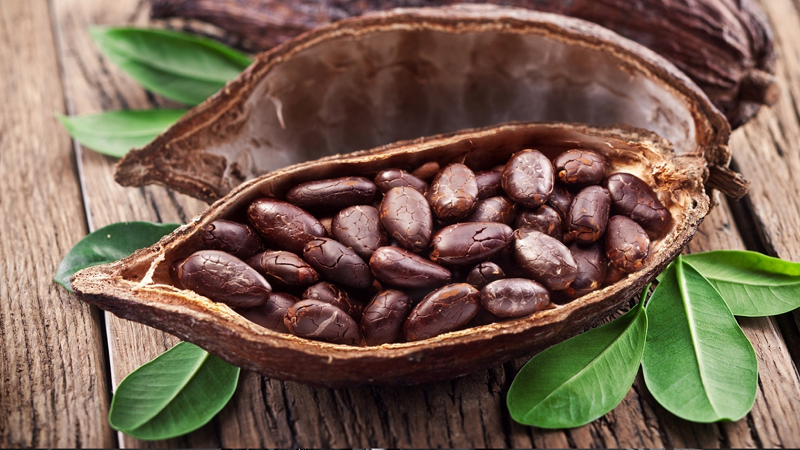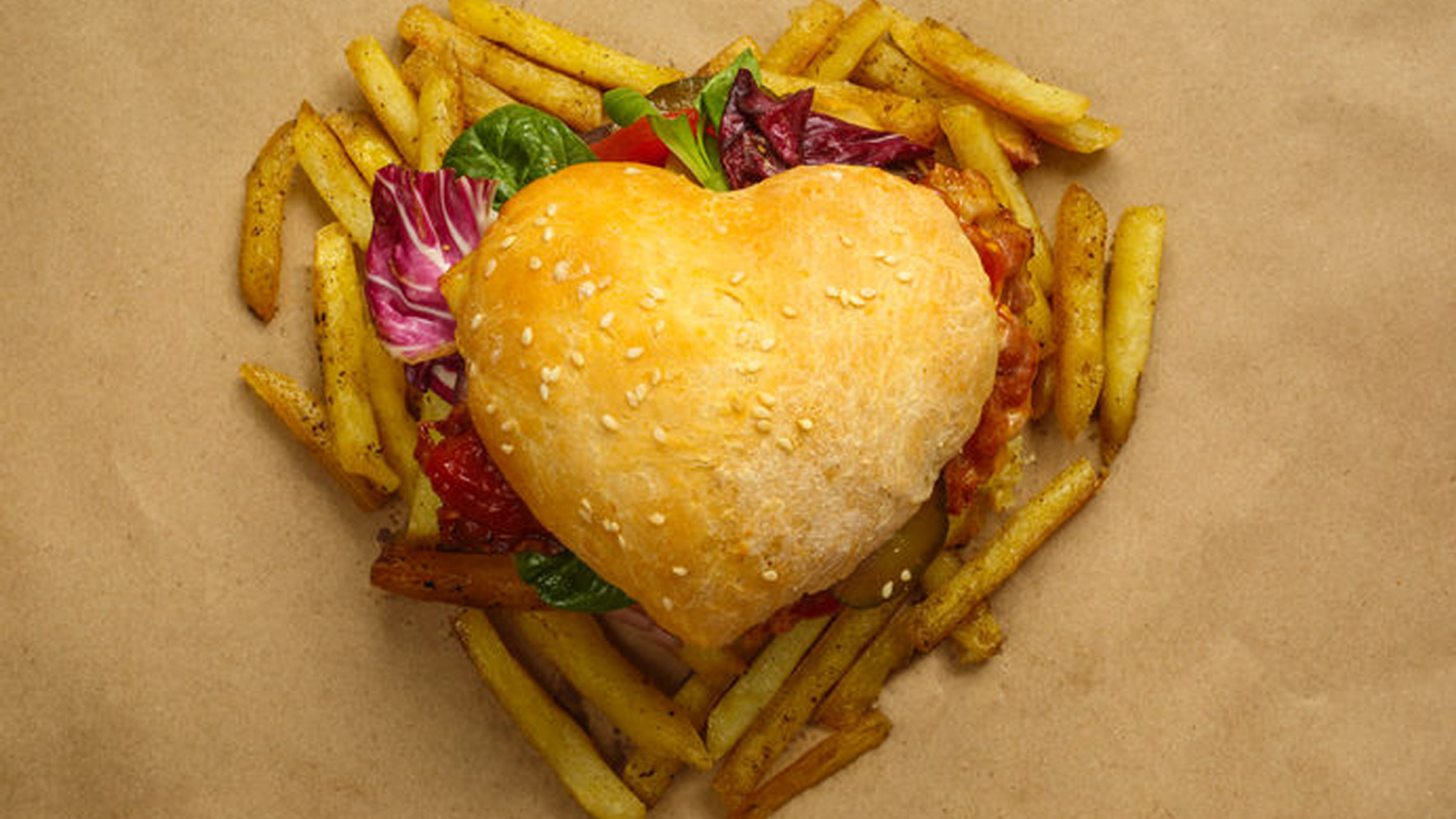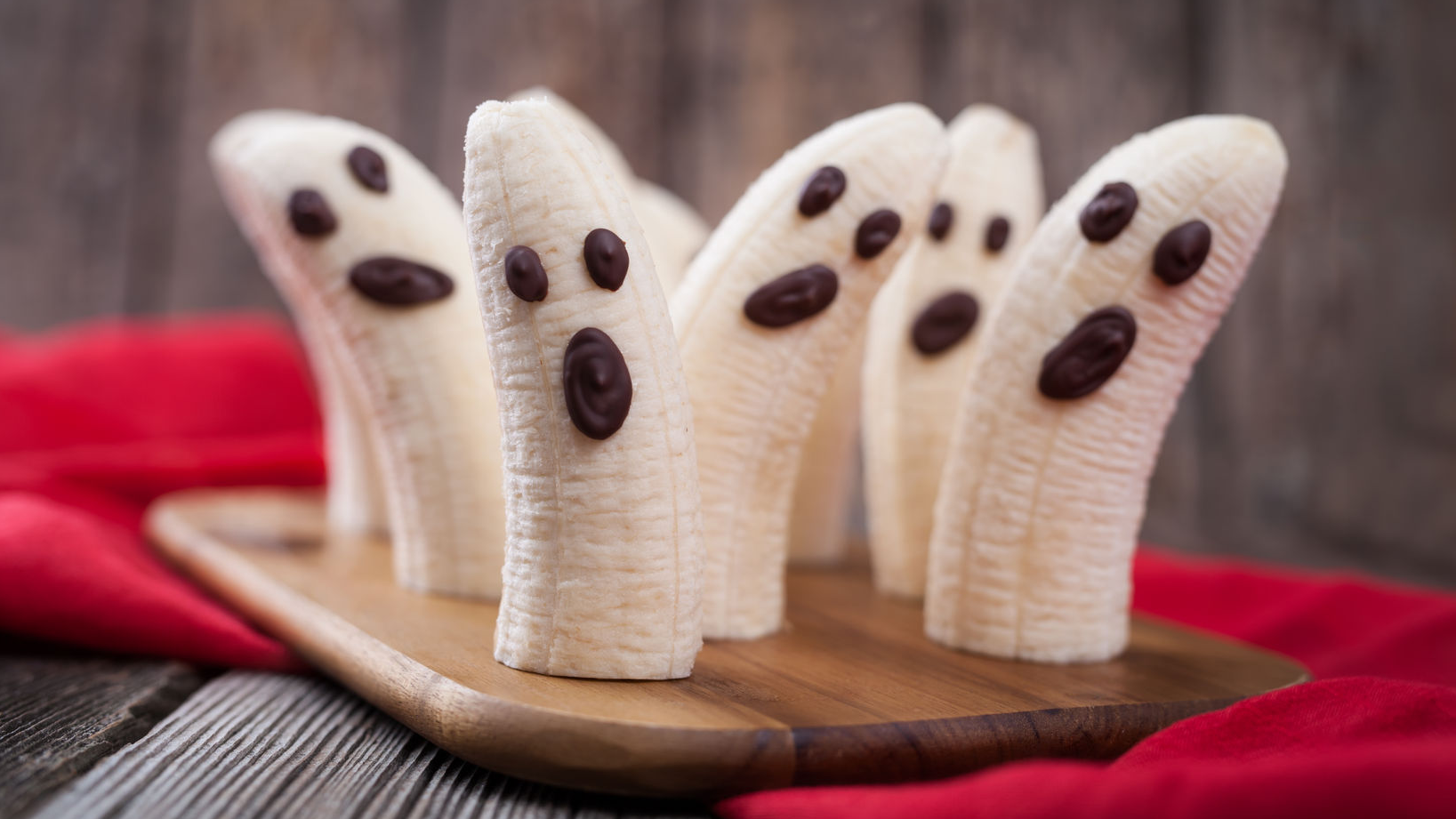Your chocolate bar may be getting more expensive.

The price of your chocolate bar may be increasing but to be honest that’s not necessarily a bad thing.
Two thirds of the world’s cocoa (the basis of chocolate) comes from farms in the west African countries of Ghana and Ivory Coast.
Ivory Coast is the world’s top cocoa producer with cocoa products accounting for over half of its export revenue.
Approximately USD 100 billion is spent globally each year on chocolate but the farmers at the start of the supply chain get a pretty small proportion of that figure.
According to the World Bank, 80% of the two million famers in Ghana and Ivory Coast live on less than £2.50 per day.
OPEC, (the Organisation of the Petroleum Exporting Countries) is an organisation that has controlled crude oil output and influenced oil prices since the 1960s and Ghana and Ivory Coast are now introducing what some people are calling “COPEC”.
Under the new COPEC agreement the two countries will charge an additional £300 per tonne of cocoa on top of the traded price (which currently stands at approximately £1,900 per tonne). The aim of this is for more money to filter back to the farmers.
Elsewhere in the supply chain the response has been positive.
A spokesman for Hershey, the largest chocolate manufacturer in North America, was quoted as saying “Cocoa farmers should be able to support their families and earn a decent standard of living”.
So, the next time you’re munching on a chocolate bar contemplating why the price has increased this may be one of the reasons.










